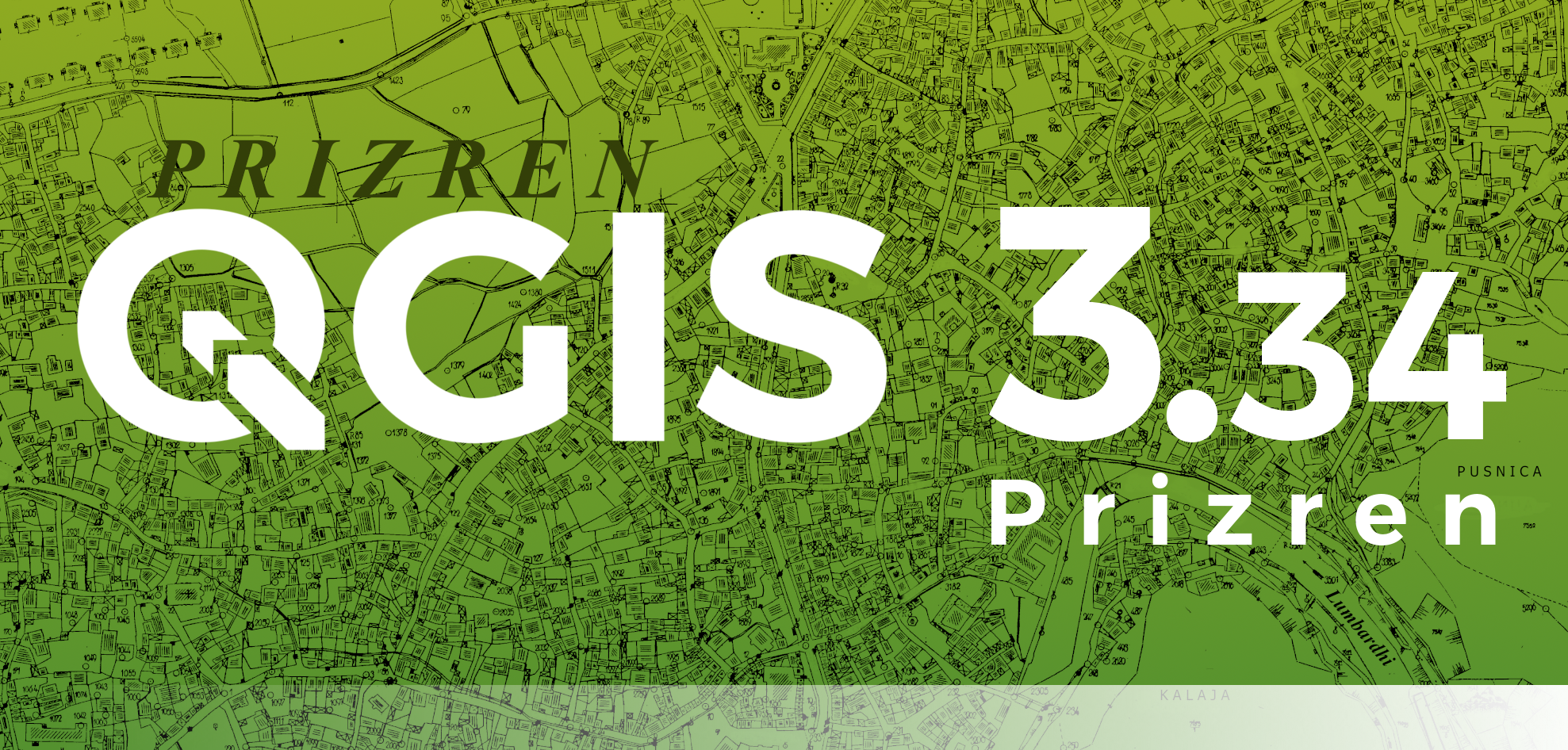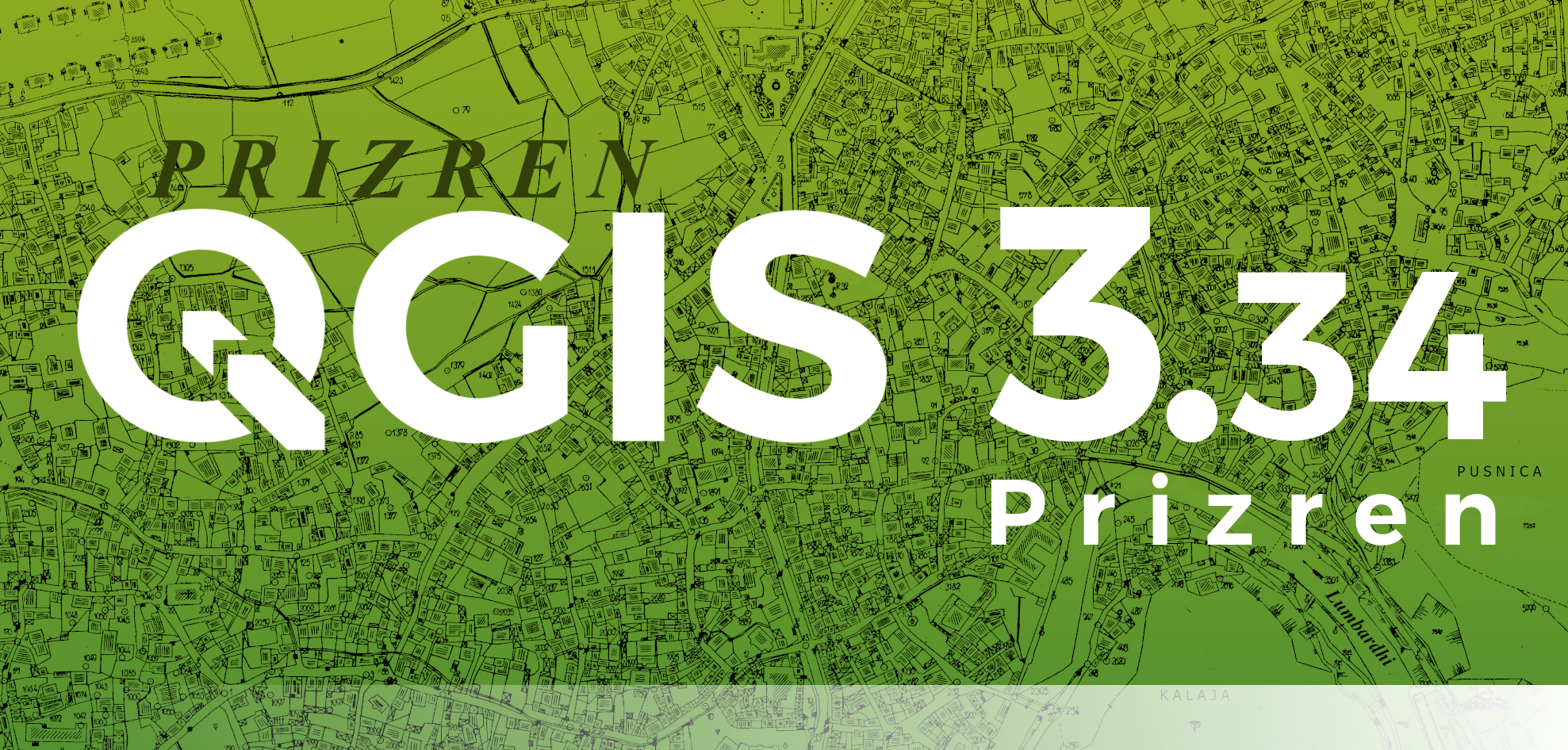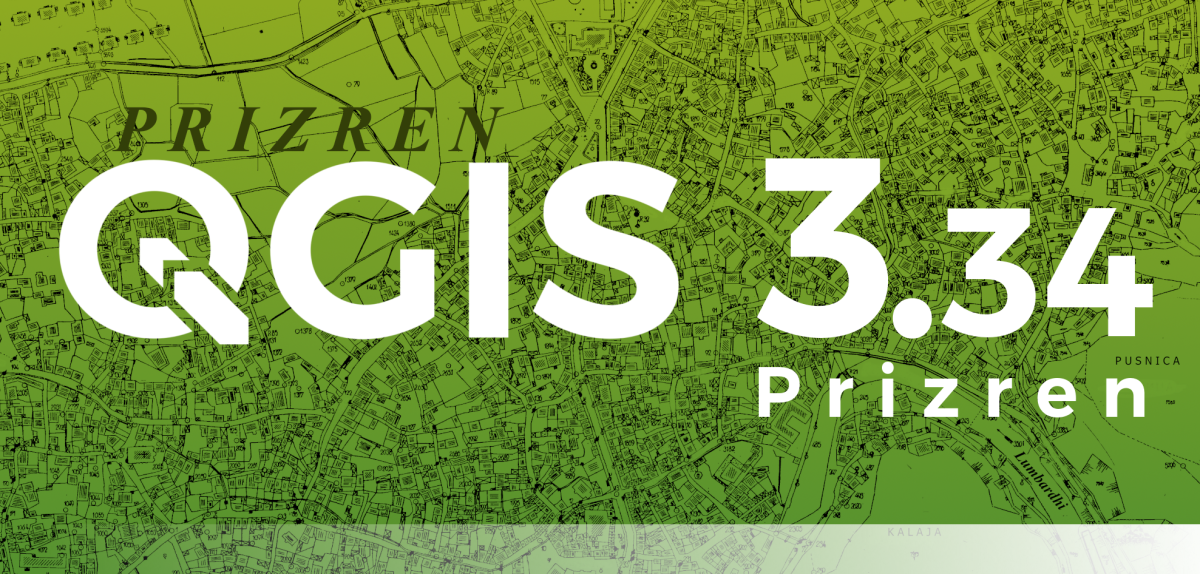| SOSIexpressions |
| Expressions related to SOSI-data |
| Puentes |
| Run external Python files inside QGIS. |
| UA CRS Magic |
| Підбір системи кординат для векторного шару |
| FilterMate |
| FilterMate is a Qgis plugin, a daily companion that allows you to easily explore, filter and export vector data |
| QWC2_Tools |
| QGIS plug-in designed to publish and manage the publication of projects in a QWC2 instance. The plugin allows you to publish projects, delete projects and view the list of published projects. |
| QGIS Fast Grid Inspection (FGI) |
| This plugin aims to allow the generation and classification of samples from predefined regions. |
| QDuckDB |
| This plugin adds a new data prodivder that can read DuckDB databases and display their tables as a layer in QGIS. |
| CIGeoE Toggle Label Visibility |
| Toggle label visibility |
| CIGeoE Merge Areas |
| Centro de Informação Geoespacial do Exército |
| Drainage |
| the hydro DEM analysis with the TauDEM |
| Postcode Finder |
| The plugin prompts the user to select the LLPG data layer from the Layers Panel and enter a postcode. The plugin will search for the postcode, if found, the canvas will zoom to all the LLPG points in the postcode. |
| Multi Union |
| This plugin runs the UNION MULTIPLE tool, allowing you to use up to 6 polygon vector layers simultaneously. |
| FLO-2D MapCrafter |
| This plugin creates maps from FLO-2D output files. |
| Download raster GEE |
| download_raster_gee |
| GisCarta |
| Manage your GisCarta data |
| TENGUNGUN |
| To list up and download point cloud data such as “VIRTUAL SHIZUOKA” |
| LADM COL UV |
| Plugin de Qgis para la evaluación de calidad en el proceso de captura y mantenimiento de datos conformes con el modelo LADM-COL |
| ohsomeTools |
| ohsome API, spatial and temporal OSM requests for QGIS |
| Social Burden Calculator |
| This plugin calculates social burden |
| Show Random Changelog Entry on Launch |
| Shows a random entry in the QGIS version’s visual changelog upon QGIS launch |
| Fotowoltaika LP |
| Wyznaczanie lokalizacji pod farmy fotowoltaiczne LP |
| KICa – KAN Imagery Catalog |
| KICa, is QGIS plugin Kan Imagery Catalog, developed by Kan Territory & IT to consult availability of images in an area in an agnostic way, having as main objective to solve the need and not to focus on suppliers. In the beginning, satellite imagery providers (free and commercial) are incorporated, but it is planned to incorporate drone imagery among others. |
| Risk Assessment |
| Risk assessment calculation for forecast based financing |
| ViewDrone |
| A QGIS plugin for viewshed analysis in drone mission planning |
| qgis2opengis |
| Make Lite version of OpenGIS – open source webgis |
| Quick Shape Update |
| Automatic update of the shapes length and/or area in the selected layer |
| CoolParksTool |
| This plugin evaluates the cooling effect of a park and its impact on buildings energy and thermal comfort |
| Nahlížení do KN |
| Unofficial integration for Nahlížení do Katastru nemovitostí. |
| PyGeoRS |
| PyGeoRS is a dynamic QGIS plugin designed to streamline and enhance your remote sensing workflow within the QGIS environment. |
| D4C Plugin |
| This plugin allows the manbipulation from QGis of Data4Citizen datasets (Open Data platform based on Drupal and CKan) |
| Avenza Maps’s KML/KMZ File Importer |
| This plugin import features from KML e KMZ files from Avenza Maps |
| Histogram Matching |
| Image histogram matching process |
| PV Prospector |
| Displays the PV installation potential for residential properties. The pv_area layer is derived from 1m LIDAR DSM, OSMM building outlines and LLPG data. |
| Save Attributes (Processing) |
| This plugin adds an algorithm to save attributes of selected layer as a CSV file |
| Artificial Intelligence Forecasting Remote Sensing |
| This plugin allows time series forecasting using deep learning models. |
| Salvar Pontos TXT |
| Esse plugin salvar camada de pontos em arquivo TXT |
| QGIS to Illustrator with PlugX |
| The plugin to convert QGIS maps to import from Illustrator. With PlugiX-QGIS, you can transfer maps designed in QGIS to Illustrator! |
| QCrocoFlow |
| A QGIS plugin to manage CROCO projectsqcrocoflow |
| Soft Queries |
| This plugin brings tools that allow processing of data using fuzzy set theory and possibility theory. |
| TerrainZones |
| This Plugin Identifies & Creates Sub-Irrigation Zones |
| Consolidate Networks |
| Consolidate Networks is a a Qgis plugin bringing together a set of tools to consolidate your network data. |
| AWD |
| Automatic waterfalls detector |
| SAGis XPlanung |
| Plugin zur XPlanung-konformen Erfassung und Verwaltung von Bauleitplänen |
| Monitask |
| a SAM (facebook segment anything model and its decendants) based geographic information extraction tool just by interactive click on remote sensing image, as well as an efficient geospatial labeling tool. |
| PLATEAU QGIS Plugin |
| Import the PLATEAU 3D City Models (CityGML) used in Japan — PLATEAU 3D都市モデルのCityGMLファイルをQGISに読み込みます |
| FLO-2D Rasterizor |
| A plugin to rasterize general FLO-2D output files. |
| Geoportal Lokalizator |
| PL: Wtyczka otwiera rządowy geoportal w tej samej lokacji w której użytkownik ma otwarty canvas QGIS-a. EN: The plugin opens the government geoportal in the same location where the user has the QGIS canvas open (Poland only). |
| BorderFocus |
| clicks on the edge center them on the canvas |
| LANDFILL SITE SELECTION |
| LANDFILL SITE SELECTION |
| Bearing & Distance |
| This plugin contains tools for the calculation of bearing and distances for both single and multiple parcels. |
| Moisture and Water Index 2.0 |
| Este complemento calcula el índice NDWI con las imágenes del Landsat 8. |
| K-L8Slice |
| Este nombre combina el algoritmo k-means que se utiliza para el agrupamiento (K) con “Landsat 8”, que es el tipo específico de imágenes satelitales utilizadas, y “Slicer”, que hace referencia al proceso de segmentación o corte de la imagen en diferentes clusters o grupos de uso del suelo. |
| EcoVisioL8 |
| Este complemento fue diseñado para automatizar y optimizar la obtención de índices SAVI, NDVI y SIPI, así como la realización de correcciones atmosféricas en imágenes Landsat 8. |
| QGIS Animation Workbench |
| A plugin to let you build animations in QGIS |
| Catastro con Historia |
| Herramienta para visualizar el WMS de Catastro en pantalla partida con historia. |
| RechercheCommune |
| Déplace la vue sur l’emprise de la commune choisie. |
| Sentinel2 SoloBand |
| Sentinel2 SoloBand is a plugin for easily searching for individual bands in Sentinel-2 imagery. |
| CIGeoE Right Angled Symbol Rotation |
| Right Angled Symbol Rotation |
| CIGeoE Node Tool |
| Tool to perform operations over nodes of a selected feature, not provided by similar tools and plugins. |
| Spatial Distribution Pattern |
| This plugin estimates the Spatial Distribution Pattern of point and linear features. |
| Webmap Utilities |
| This plugin provides tools for clustered and hierarchical visualization of vector layers, creation of Relief Shading and management of scales using zoom levels. |
| Simstock QGIS |
| Allows urban building energy models to be created and simulated within QGIS |
| Fast Point Inspection |
| Fast Point Inspection is a QGIS plugin that streamlines the process of classifying point geometries in a layer. |
| Layer Grid View |
| The Layer Grid Plugin provides an intuitive dockable widget that presents a grid of map canvases. |
| Kadastr.Live Toolbar |
| Пошук ділянки на карті Kadastr.Live за кадастровим номером. |
| S+HydPower |
| Plugin designed to estimate hydropower generation. |
| QollabEO |
| Collaborative functions for interaction with remote users. |
| digitizer |
| digitizer |
| NetADS |
| NetADS est un logiciel web destiné à l’instruction dématérialisée des dossiers d’urbanisme. |
| Runoff Model: RORB |
| Build a RORB control vector from a catchment |
| FlexGIS |
| Manage your FlexGIS data |
| LXExportDistrict |
| Export administrative district |
| PostGIS Toolbox |
| Plugin for QGIS implementing selected PostGIS functions |
| Chasse – Gestion des lots |
| Fonctions permettant de définir la surface cadastrale des lots de chasse et d’extraire la liste des parcelles concernées par chaque lot de chasse, sous forme de fichier Excel®. |
| Time Editor |
| Used to facilitate the editing of features with lifespan information |
| RST |
| This plugin computes biophysical indices |
| Japanese Grid Mesh |
| Create common grid squares used in Japan. 日本で使われている「標準地域メッシュ」および「国土基本図図郭」を作成できます。また、国勢調査や経済センサスなどの「地域メッシュ統計」のCSVファイルを読み込むこともできます。プロセッシングツールボックスから利用できます。 |
| Panoramax |
| Upload, load and display your immersive views hosted on a Panoramax instance. |
| StereoPhoto |
| Permet la visualisation d’images avec un système stéréoscopique |
| CIGeoE Merge Multiple Lines |
| Merge multiple lines by coincident vertices and with the same attribute names and values. |
| CIGeoE Merge Lines |
| Merge 2 lines that overlap (connected in a vertex) and have same attribute names and values. |
| Nimbo’s Earth Basemaps |
| Nimbo’s Earth Basemaps is an innovative Earth observation service providing cloud-free, homogenous mosaics of the world’s entire landmass as captured by satellite imagery, updated every month. |
| OpenHLZ |
| An Open-source HLZ Identification Processing Plugin |
| Selection as Filter |
| This plugin makes filter for the selected features |
















